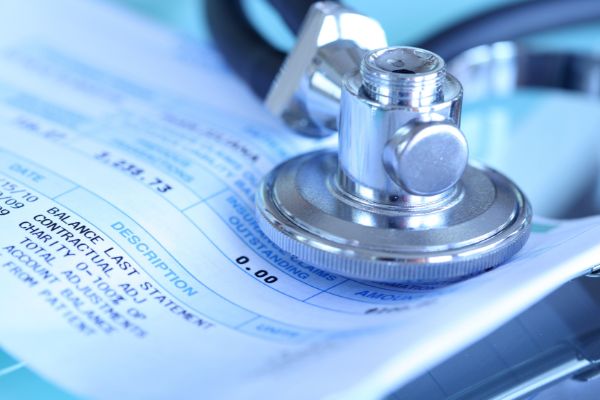![Image section]()
Can I Eliminate My Georgia Medical Debt?
Even though the FPBA provides you with protection from dishonest and unfair business methods, it does NOTHING to restrict how much money providers can bill. It also doesn't offer any relief from existing debts. While some providers are willing to negotiate payment plans or restricted debt forgiveness, Georgia law does not require them to do so.
Bankruptcy is the most powerful method of eliminating unpaid medical bills and getting the endless collection calls to stop. When you file for personal bankruptcy, there are two options: Chapter 7 and Chapter 13.
Chapter 7 bankruptcy allows you to wipe out outstanding medical bills and start over fresh. While the laws allow a court-appointed trustee to liquidate your assets and use the proceeds to pay creditors, our clients are seldom required to sell any of their belongings.
With Chapter 13 bankruptcy, you can consolidate your debts (including medical bills) into a 3-to-5-year repayment plan. Instead of liquidating assets, you'll make a single manageable payment a month to pay back what you owe.
What's more, when you file for bankruptcy, the court will issue an automatic stay requiring your creditors to back off. They'll have to stop all collection activities and won't be allowed to contact you at all. Our clients tell us it is such a relief when the phone stops ringing off the hook.
Reach Out To a Local Medical Debt Expert Today
Bankruptcy can be a challenging process, but you don't have to do it alone. Our skilled Georgia attorneys can evaluate your family's financial circumstances and provide guidance on how bankruptcy can help you deal with your healthcare bills. Call or text DebtStoppers today at 678-673-2142 to request a free consultation with one of our seasoned Georgia lawyers.
We believe that healthcare bills shouldn't derail your family's finances or its future. Call or text DebtStoppers in Georgia today to get started on a bankruptcy plan that can open the door to a new and better life.


